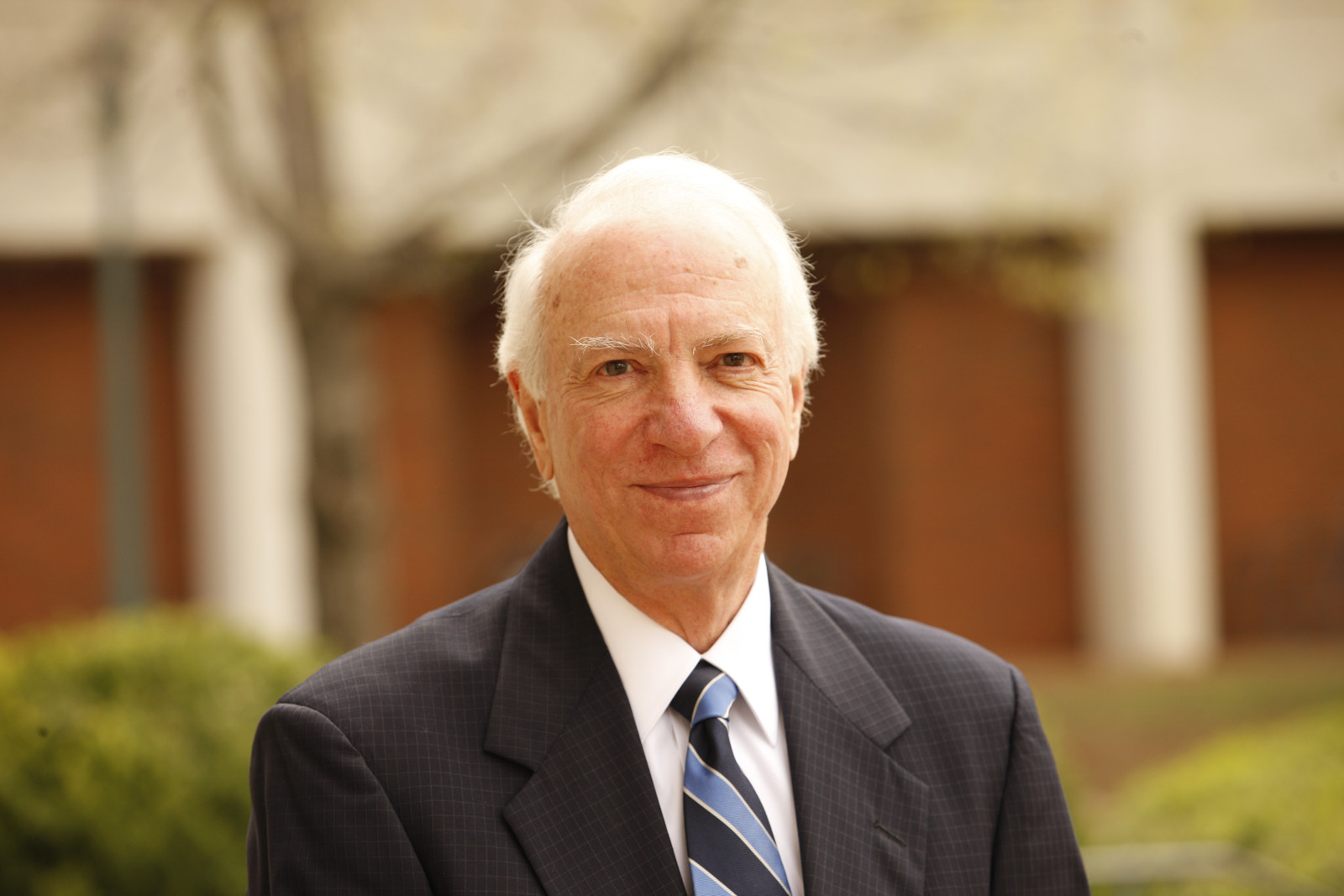The University of Virginia, at the request of state lawmakers, is helping mental health experts propose far-reaching, comprehensive improvements to Virginia’s system of care.
“We’ve had gradual steps forward, but there hasn’t yet been transformational reform,” said law professor Richard Bonnie, the mental health policy expert who is coordinating volunteer service by law students. The efforts are also being assisted by students in the Frank Batten School of Leadership and Public Policy and the School of Medicine.
The General Assembly established a joint subcommittee in 2014 to study publicly funded mental health services in the commonwealth, with an eye for shoring up service gaps and overcoming other challenges the system may face this century. Bonnie said tragedies, including the 2007 Virginia Tech shooting and, more recently, the 2013 suicide of Virginia Sen. Creigh Deeds’ son Gus, weigh on the minds of those involved in the effort. Despite a judge’s order for involuntary commitment, Gus Deeds stabbed and critically wounded his father, then took his own life, before the state could place the 24-year-old in a psychiatric bed. That incident resulted in the Deeds Commission.
“They gave the commission a big charge, to really assess and reform the entire system,” Bonnie said. “But after a couple of years of hearing testimony and using the usual methods of legislative deliberation, they realized that they lacked the capacity to review and synthesize expert knowledge and experience about mental policy and practice.”

Professor Richard Bonnie
Deeds asked Bonnie to convene and oversee four expert advisory panels to advise each of the subcommittee’s four work groups. Bonnie himself is chairing the advisory panel on system structure and financing. Other work groups and panels are focusing on crisis response and emergency services, supportive housing and criminal justice. The University’s Institute of Law, Psychiatry and Public Policy, which Bonnie directs, is providing research support.
UVA law students are assisting the experts with research and other coordination in anticipation of the groups’ initial report to the General Assembly in December (with the final report due in December 2017).
An experienced mental health policy advocate, Bonnie has been chief adviser for the American Bar Association’s Criminal Justice Mental Health Standards Project (1981-88) and chaired the Commission on Mental Health Law Reform established by the chief justice of Virginia (2006-11). He has served as an adviser to the American Psychiatric Association’s Council on Psychiatry and Law since 1979, received the association’s Isaac Ray Award in 1998 for contributions to the field of forensic psychiatry, and was awarded special presidential commendations in 2003 and 2016 for his contributions to American psychiatry. Bonnie was elected to the National Academy of Medicine in 1991.
Bonnie said although multiple experts from throughout the state will provide feedback, “we want to do so in a way that builds consensus.”
“Diverting those with mental illness from the criminal justice system is a very important initiative,” said Madison Marcus, a student volunteer who is completing her second year of law school. “The rate of mental illness in incarcerated populations far exceeds the rate in the general population. These people often do not get treatment, whether incarcerated or not. Diversion from the criminal justice system creates an opportunity for treatment that does not exist otherwise.”
Joe Betteley, a law student completing his first year, said that the pro bono work has personal meaning for him.
“This project was important for me because I am a veteran, and eliminating stigmas for individuals in seeking treatment and the procedural and structural barriers in access to treatment are significant issues for many veterans,” Betteley said. He cited a 2013 Department of Veterans Affairs study that said 22 veterans, on average, commit suicide each day.
Media Contact
Article Information
May 13, 2016
/content/filling-gaps-virginias-mental-health-services

